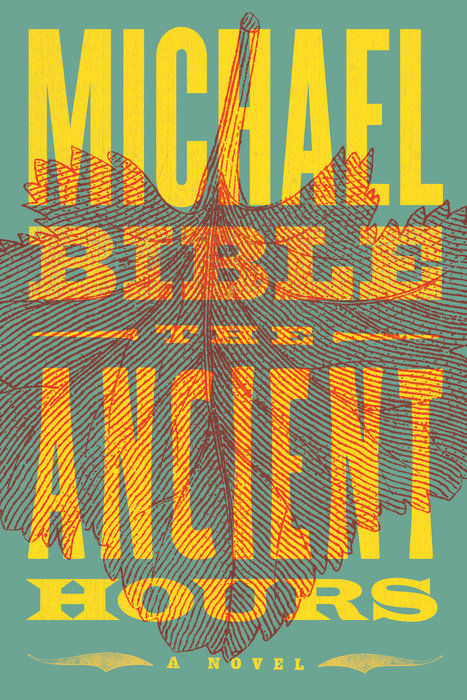
Philip Roth famously wrote in 1961 that the increasing unreality of American life threatened to outrace the imagination of American fiction, and that there was little hope for novelists against a news cycle that, as he put it, stupefied, sickened and infuriated on a daily basis. This turned out to be false, but writers have had to work double-time to keep up with the culture. Indeed, many great novels in the second half of the 20th century dramatize this very inability to cope with the derangement of modern times. That writers would try to assimilate the insanity of the Trump-era into their work is thus a foregone conclusion. Many of these attempts are likely still in the works, but Lauren Oyler’s debut novel Fake Accounts takes one of the first real cracks at it.







